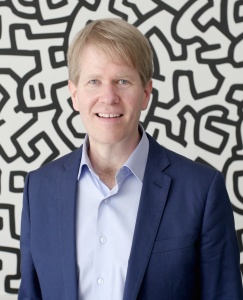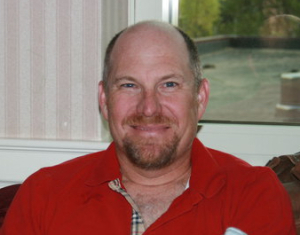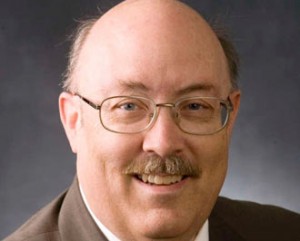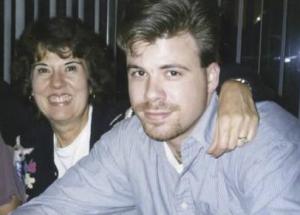Podcast: Download (26.6MB)
Subscribe: RSS
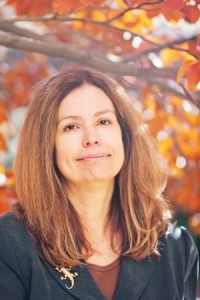 Dr. Valerie Hudson joined the faculty of Texas A&M University at the Bush School in 2012 as the George Bush Chair. She is considered an expert on international security and foreign policy analysis, she received her PhD in political science at The Ohio State University.
Dr. Valerie Hudson joined the faculty of Texas A&M University at the Bush School in 2012 as the George Bush Chair. She is considered an expert on international security and foreign policy analysis, she received her PhD in political science at The Ohio State University.
In 2009, Foreign Policy named her one of the top 100 Most Influential Global Thinkers. Dr. Hudson developed a nation-by-nation database on women (http://womanstats.org) that triggered both academic and policy interest including use by both the US Senate Foreign Relations Committee and various agencies of the United Nations.
Valerie is one of the founders of the online Journal called Square Two found at Squaretwo.org and is on Articles of Faith to talk about her article at Square Two – Rectifying the Names: Reflections on “Womanhood and Language.”
Questions addressed in this podcast: (We apologize for the audio quality of the phone call.)
By way of introduction of our topic, I want to share a quote you gave from Confucius in your article:
“If language is not correct, then what is said is not what is meant; if what is said is not what is meant, then what must be done remains undone; if this remains undone, morals and art will deteriorate; if justice goes astray, the people will stand about in helpless confusion. Hence there must be no arbitrariness in what is said. This matters above everything.”
With that being said, and in order to talk about your article we need to introduce, briefly, the article from Ralph Hancock entitled Eternal Womanhood and the Limits of Public Recognition as posted on Patheos. What is that article and how did it fertilize the article you wrote for Square Two?
What are some examples of these terms that come loaded with some baggage that doesn’t seem to do justice to LDS theology?
You state in the article that you wanted to create a wiki-dictionary of new terms- created by women—about experiences that are exclusive to feminine experiences. Why is that NOT happening?
Theme: Our people need to know that God wants them to be free—and what this means. Our people need to know that God is fair—and what this means. Our people need to know that even in the context of sexual difference, men and women stand as equals before God—and what this means.
In Argumentato Pietatis – You suggest using language to reclaim language. What is In Argumentato Pietatis, and how does this approach form your argument?


 Neal Rappleye volunteers with FairMormon, The Interpreter Foundation, and writes on his own blog called
Neal Rappleye volunteers with FairMormon, The Interpreter Foundation, and writes on his own blog called